Giovacchino Antonio Rossini, better known as Gioachino Rossini, was an early Nineteenth-century Italian composer. Rossini was born in Pesaro on February 29, 1792 to a musician and soprano. At age ten, Rossini took singing lessons and studied the harpsichord and the viola. In 1806, Rossini enrolled at Bologna’s Philharmonic School and began to compose music. Rossini's debut came in 1810 when his comic opera The Bill of Marriage was staged. It was the first of many opening nights. As a youth, Rossini composed a number of comic operas. The Italian Girl in Algiers in 1813 and Almaviva or The Useless Precaution, which debuted in Rome in 1816 and was later renamed The Barber of Seville.
This first stage of his career ended in 1817 when he composed The Thieving Magpie and brought a playful Cinderella to the stage. From that point on, Rossini left behind lighter works to focus on serious opera. His interest in the romantic movement became evident in 1819 with the passionate music he wrote for The Lady of the Lake, set in 16th-century Scotland. In 1824, Rossini moved to Paris where he became the toast of the town. Four years later he wrote Count Ory, his first opera in French. In 1829, he developed a distaste for the entertainment industry and was slowed down by health problems. Rossini withdrew from the spotlight after the debut of William Tell. The musician carried on composing, but only for personal pleasure. Gioachino Rossini died in Paris on November 13, 1868. He was 76. For a long time, Rossini was best known for comic operas. However, in recent times his dramatic works have been staged to acclaim from the public and critics.
This first stage of his career ended in 1817 when he composed The Thieving Magpie and brought a playful Cinderella to the stage. From that point on, Rossini left behind lighter works to focus on serious opera. His interest in the romantic movement became evident in 1819 with the passionate music he wrote for The Lady of the Lake, set in 16th-century Scotland. In 1824, Rossini moved to Paris where he became the toast of the town. Four years later he wrote Count Ory, his first opera in French. In 1829, he developed a distaste for the entertainment industry and was slowed down by health problems. Rossini withdrew from the spotlight after the debut of William Tell. The musician carried on composing, but only for personal pleasure. Gioachino Rossini died in Paris on November 13, 1868. He was 76. For a long time, Rossini was best known for comic operas. However, in recent times his dramatic works have been staged to acclaim from the public and critics.
RELATED
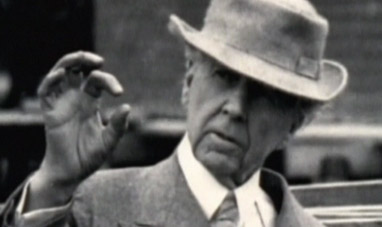

FRANK LLOYD WRIGHT


JOHN WAYNE
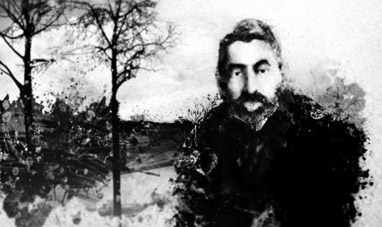

CLAUDE DEBUSSY
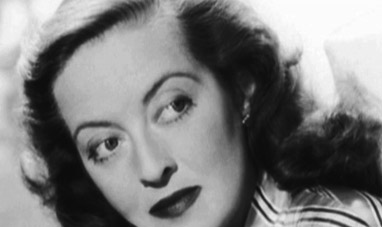

BETTE DAVIS


PIERRE AUGUSTE RENOIR


MARTHA GRAHAM
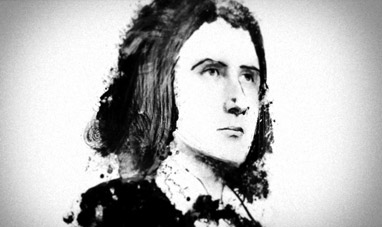

FRANZ LISZT
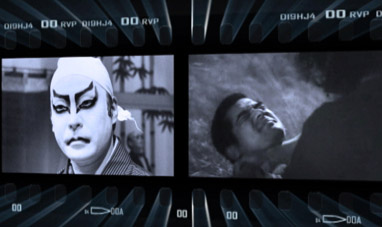

AKIRA KUROSAWA


ROBERT ADAM


MAURIZIO CATTELAN
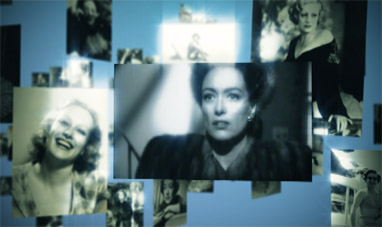

JOAN CRAWFORD


AMEDEO MODIGLIANI
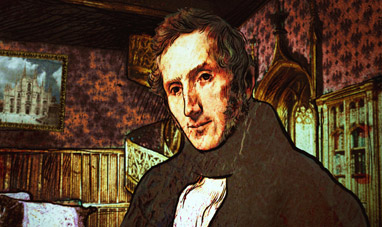

ALESSANDRO MANZONI
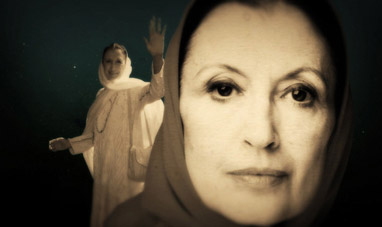

CARLA FRACCI
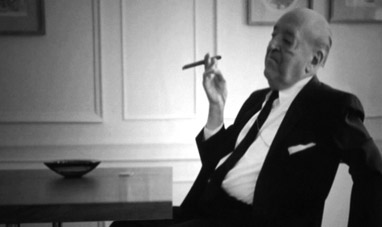

MIES VAN DER ROHE


PHARRELL WILLIAMS
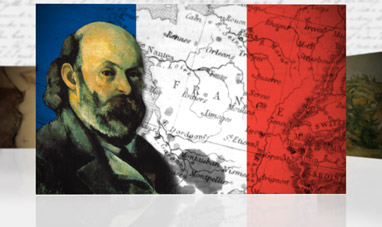

PAUL CÉZANNE
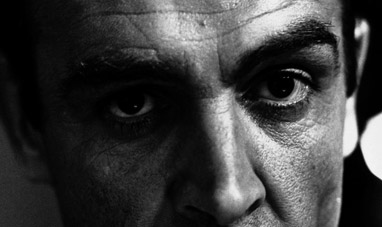

SEAN CONNERY
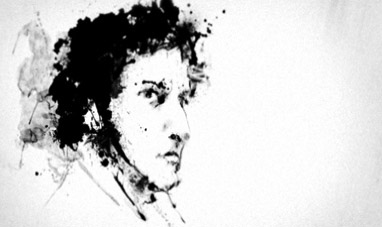

FRÉDÉRIC CHOPIN


FRANCIS BACON


GIANLORENZO BERNINI
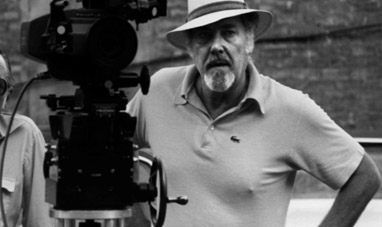

ROBERT ALTMAN
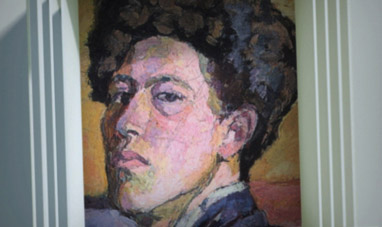

ALBERTO GIACOMETTI
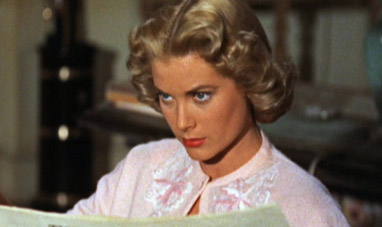

GRACE KELLY
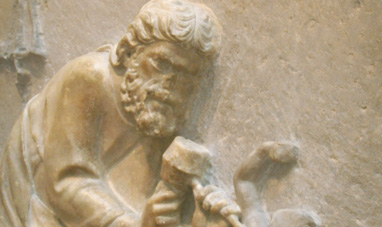

LYSIPPOS
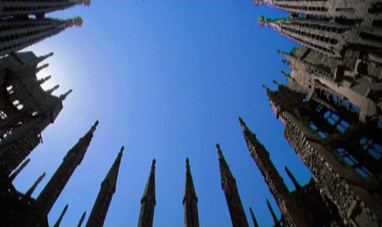

ANTONI GAUDÍ


VITTORIO DE SICA


GIULIO PAOLINI


GIAN MARIA VOLONTÉ
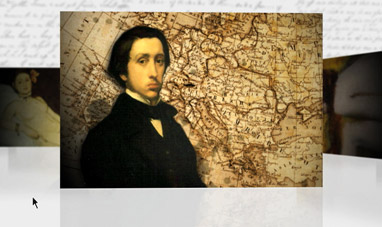

EDGAR DEGAS
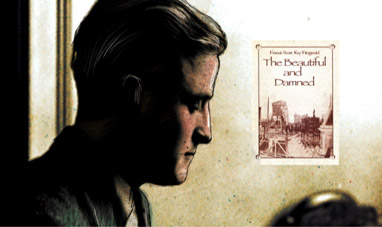

FRANCIS SCOTT FITZGERALD


JOVANOTTI
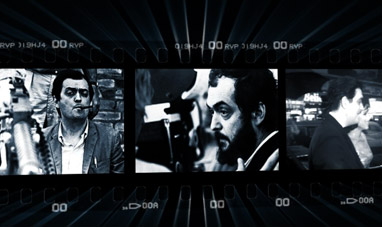

STANLEY KUBRICK


JOSEPH BEUYS


MERCE CUNNINGHAM


GIORGIO DE CHIRICO
